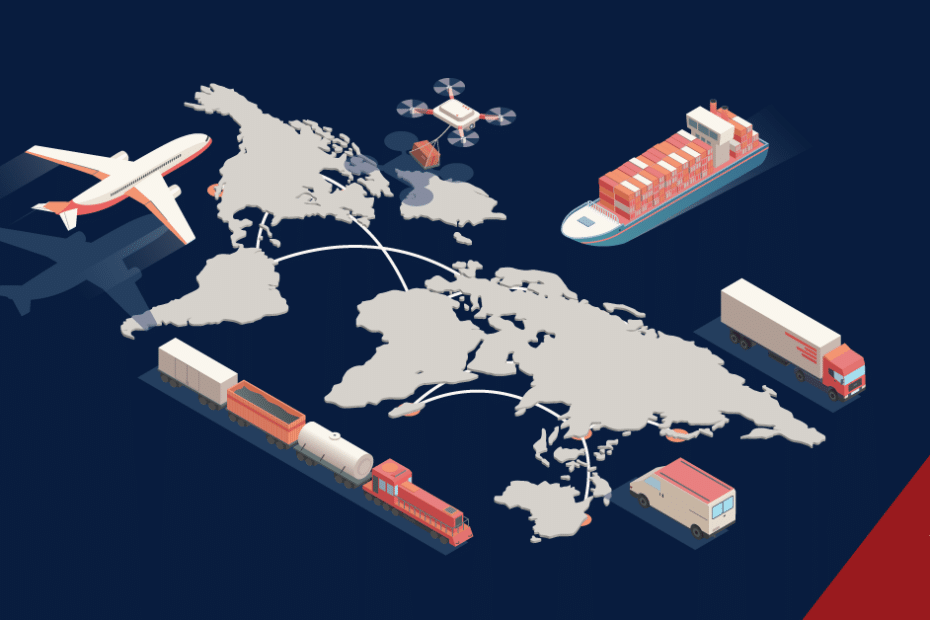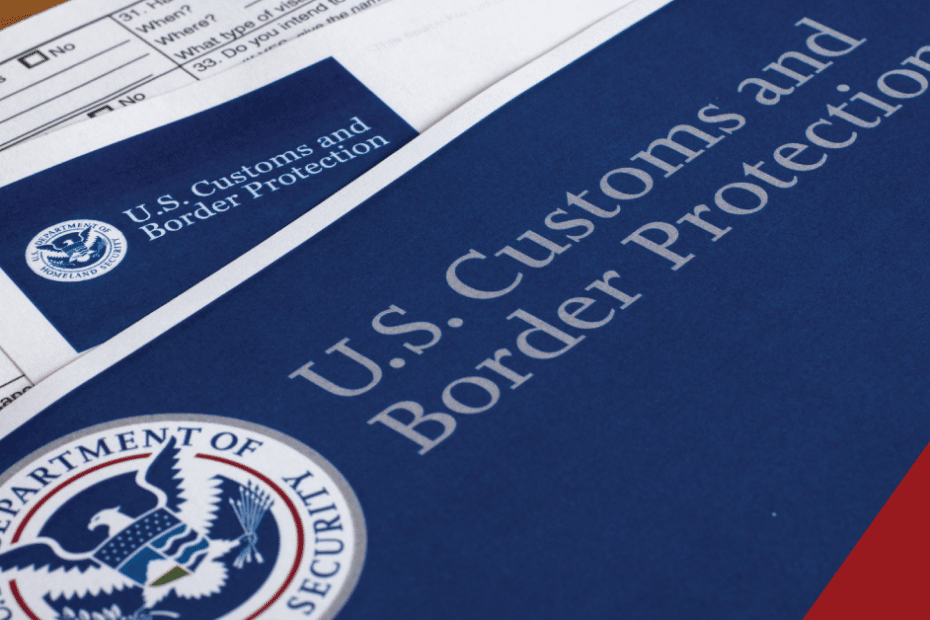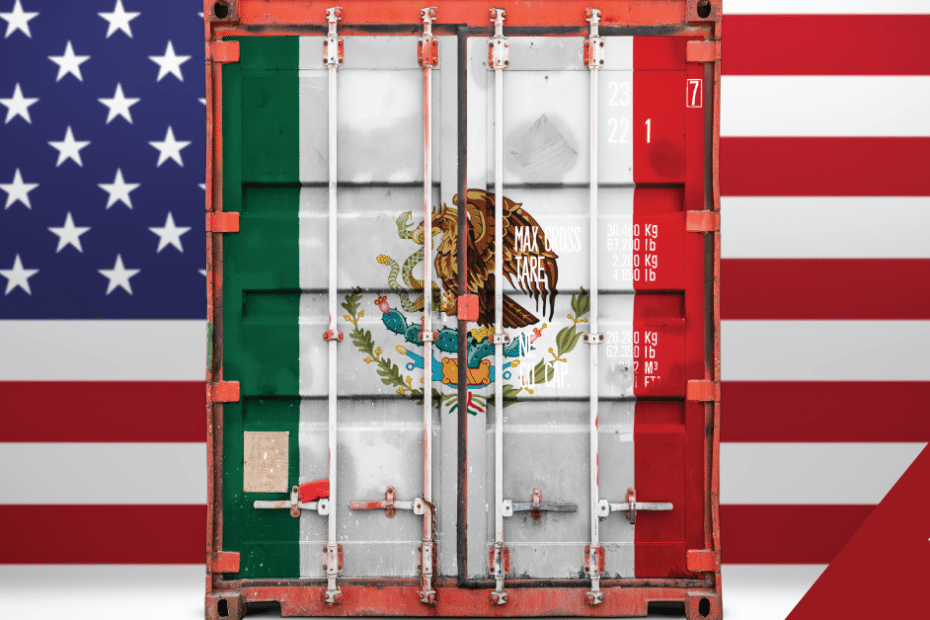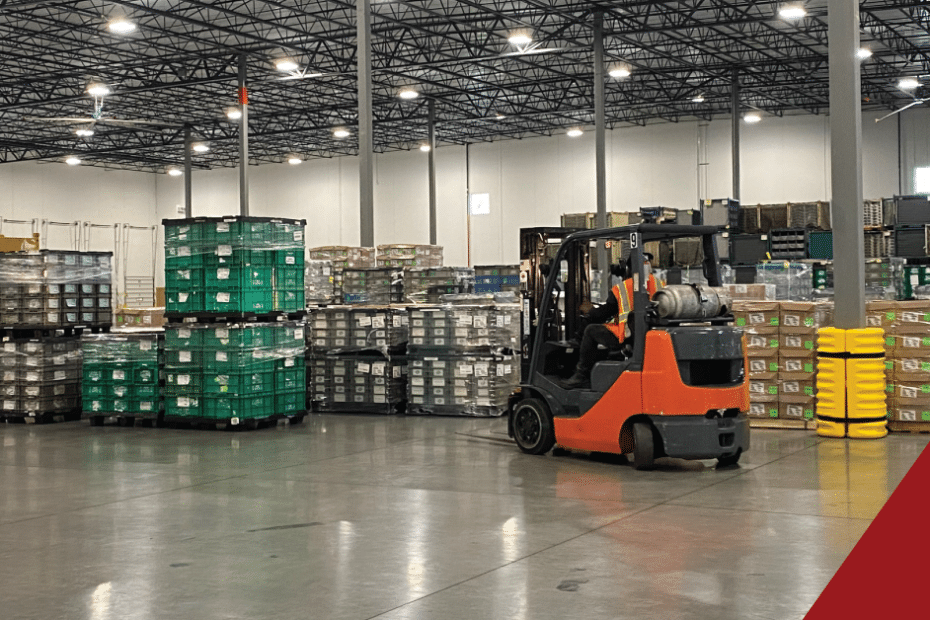Freight Forwarding vs. 3PL Services: What’s Right for Your Global Supply Chain?
In facilitating the movement of goods in the global supply chain, freight forwarders focus on transportation, whereas third-party logistics (3PL) providers offer comprehensive logistics solutions. Learn more about the differences between freight forwarding and 3PL to help you choose the right service for your business needs.









